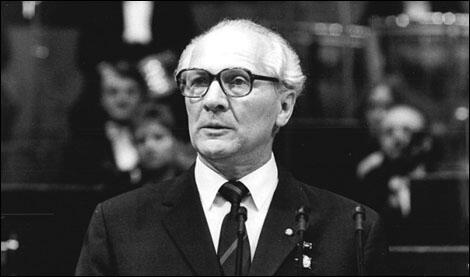On this day on 17th October
On this day in 1660. the nine Regicides who signed the death warrant of Charles I of England are hanged, drawn and quartered. A special court was appointed and in October 1660 those Regicides who were still alive and living in Britain were brought to trial. Ten were found guilty and were sentenced to be hung, drawn and quartered. This included Thomas Harrison, John Jones, John Carew and Hugh Peters. Others executed included Adrian Scroope, Thomas Scot, Gregory Clement, Francis Hacker, Daniel Axtel and John Cook. Harrison said on the scaffold: "Gentleman, by reason of some scoffing, that I do hear, I judge that some do think I am afraid to die... I tell you no, but it is by reason of much blood I have lost in the wars, and many wounds I have received in my body which caused this shaking and weakness in my nerves."
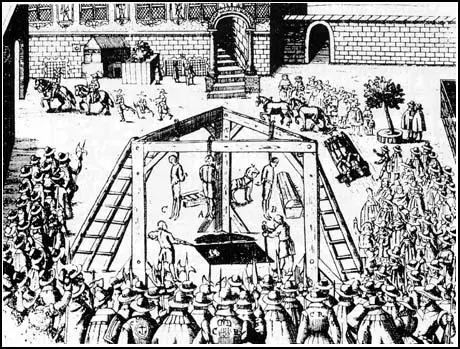
On this day in 1662 Charles II of England sells Dunkirk to Louis XIV of France for £40,000.
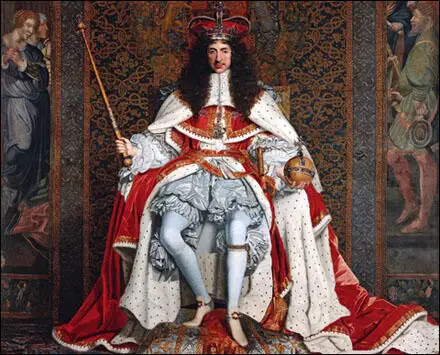
On this day in 1839 the East London Female Patriotic Association published its objectives on women's suffrage. It made it clear that they wanted to "unite with our sisters in the country, and to use our best endeavours to assist our brethren in obtaining universal suffrage". The organisation made the point that they would use their power as managers of the household to obtain the vote for their men by "to deal as much as possible with those shopkeepers who are favourable to the People's Charter".
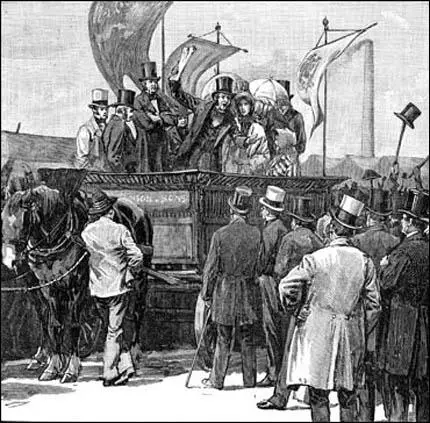
On this day in 1905, Nicholas II took the advice of Sergi Witte, his new Chief Minister, and published the October Manifesto. The manifesto granted freedom of conscience, speech, meeting and association. He also promised that in future people would not be imprisoned without trial. Finally it promised that no law would become operative without the approval of the State Duma. Soon afterwards the Union of 17 October was established as a political association for the purpose of assisting the Russian government to implement the October Manifesto. Members of this association became known as Octobrists. Led by Alexander Guchkov, the Octobrists commanded the greatest number of seats during the Third Duma (1907-1912). They initially supported Peter Stolypin and his government but became increasingly disillusioned by his reactionary policies.
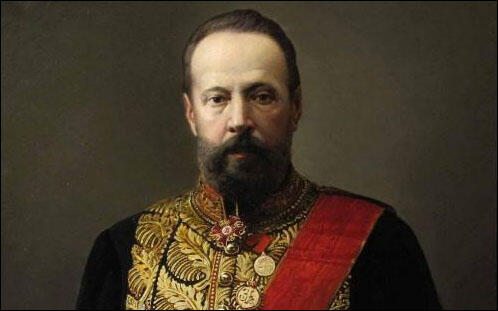
On this day in 1907 Guglielmo Marconi begins the first commercial transatlantic wireless service. Marconi's system was adopted by the Royal Navy. During the First World War wireless telepathy was widely employed by wartime ground forces. Large naval vessels were fitted with radios, although when they were used, it did make it easier for enemy submarines to discover where they were. Reconnaissance aircraft that had enough power to carry wireless sets (they weighed 50kg) were able to communicate the position of enemy artillery.
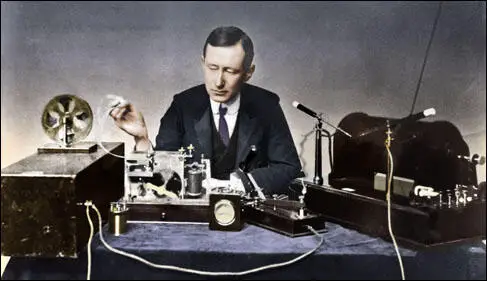
On this day in 1910 Julia Ward Howe died.
Julia Ward, the daughter of a wealthy banker, was born on 27th May, 1819. She developed radical political opinions and was active in the American Anti-Slavery Society.
In 1843 Julia married Samuel Gridley Howe, a fellow campaigner against slavery. The couple were both members of the Free-Soil Party and between 1851 and 1853 Julia and her husband edited the anti-slavery journal Commonwealth.
Julia Ward Howe also published several volumes of poetry including Passion Flowers (1854) and Words for the Hour (1857). In 1862 the Atlantic Monthly published her Battle Hymn of the Republic.
In 1868 Howe founded the New England Women's Suffrage Association. The following year Howe and Lucy Stone formed the American Woman Suffrage Association (AWSA). Between 1870 and 1890 Howe and Stone edited the organization's magazine, the Woman's Journal. Howe, a pacifist, wrote an "Appeal to womanhood throughout the world", later known as the Mothers' Day Proclamation, which asked women around the world to join for world peace
A great admirer of the writer, Margaret Fuller, she published a biography of her, The Life and Legacy of Margaret Fuller (1883) Two years later she published another collection of lectures called Is Polite Society Polite? (1885). In 1899 she published her memoirs, Reminiscences.
In 1898 Julia Ward Howe became the first woman to be elected to the American Academy of Arts.
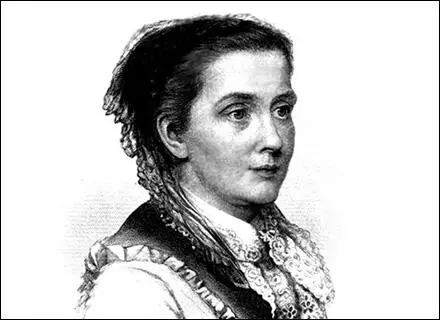
On this day in 1929 efforts were made to regain confidence in the state of the American economy. Irving Fisher, professor of political economy at Yale University, was considered the most important economist of the 1920s. His research on the quantity theory of money inaugurated the school of macroeconomic thought known as monetarism. On 17th October, 1929 he was reported as telling the Purchasing Agents Association that stock prices had reached "what looks like a permanently high plateau". He added that he expected to see the stock market, within a few months, "a good deal higher than it is today."
Despite Fisher's prediction, on 24th October, over 12,894,650 shares were sold. Prices fell dramatically as sellers tried to find people willing to buy their shares. That evening, five of the country's bankers, led by Charles Edward Mitchell, chairman of the National City Bank, issued a statement saying that due to the heavy selling of shares, many were now under-priced. This statement failed to halt the reduction in demand for shares. (10)
The New York Times reported on the Wall Street Crash: "The most disastrous decline in the biggest and broadest stock market of history rocked the financial district yesterday.... It carried down with it speculators, big and little, in every part of the country, wiping out thousands of accounts. It is probable that if the stockholders of the country's foremost corporations had not been calmed by the attitude of leading bankers and the subsequent rally, the business of the country would have been seriously affected. Doubtless business will feel the effects of the drastic stock shake-out, and this is expected to hit the luxuries most severely."
On the opening of the Wall Street Stock Exchange on 29th October, 1929, John D. Rockefeller, the American oil industry business magnate and successful industrialist, issued a statement which attempted to regain confidence in the state of the economy: "Believing that fundamental conditions of the country are sound and that there is nothing in the business situation to warrant the destruction of values that has taken place on the exchanges during the past week, my son and I have for some days been purchasing sound common stocks." Despite this comment the USA was on the verge of the Great Depression.
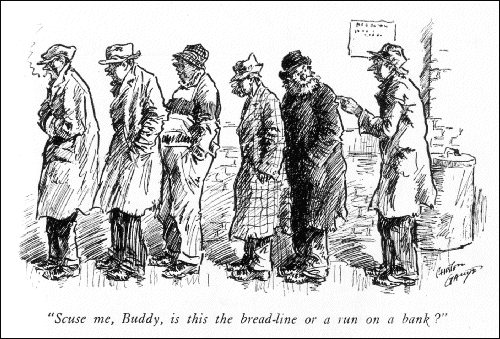
On this day in 1931 Al Capone is convicted of income tax evasion and sentenced to eleven years imprisonment. When Capone was released in 1939 prohibition had come to an end and he was he was no longer able to make money from selling illegal alcohol. He was also showing signs of the effects of syphilis and no longer had the mental strength to obtain past loyalties. Alphonse Capone died in 1947.
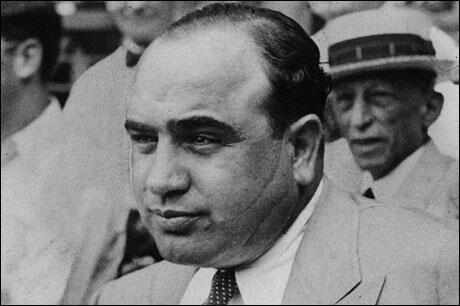
On this day in 1933 Albert Einstein moved to the United States where he became a professor of mathematics at Princeton. He was no longer a pacifist and argued that democratic nations needed to rearm in order to defend itself against the aggressive foreign policy of Adolf Hitler and Nazi Germany. In 1939 Einstein warned President Franklin D. Roosevelt that German scientists were in a position to develop an atomic bomb. This encouraged Roosevelt to establish the Manhattan Project.
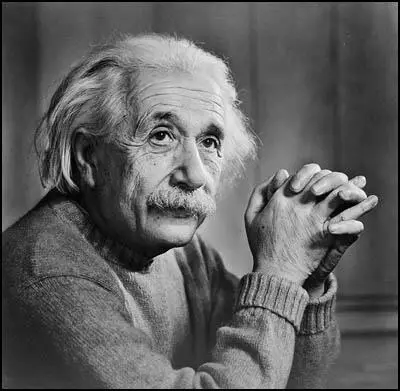
On this day in 1940 the body of Willi Münzenberg is found. Münzenberg broke with the Soviet Union as a result of the signing of the Nazi-Soviet Pact and now became an outspoken critic of Joseph Stalin. After the invasion of France by the German Army Münzenberg was interned in Lyon as an anti-fascist. Münzenberg was murdered by agents of the NKVD in 1940. Leopold Trepper later explained: "In 1940, he had been imprisoned by the Daladier government in the camp for foreigners at Gurs. It was there that two agents of Beria, fellow prisoners of his, were given the job of executing him. The two men proposed that he escape with them. Only too happy to take advantage of the opportunity, he agreed. He was found hanged two hundred yards from the camp."
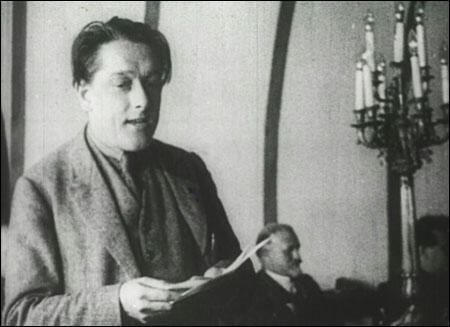
On this day in 1989 the East German Politburo votes to remove Erich Honecker from his role as General Secretary. The following year he was arrested and charged with treason, corruption and abuse of power. In 1993 the courts decided that Honecker was too ill to stand trial. He was allowed to retire to Chile where he died in 1994.
